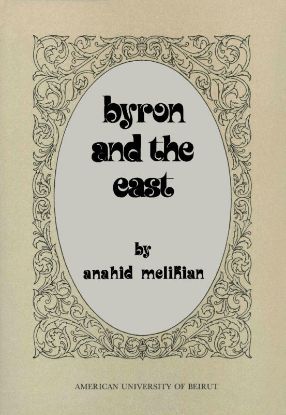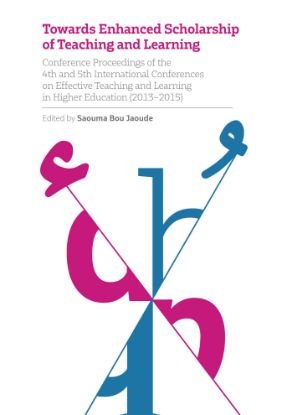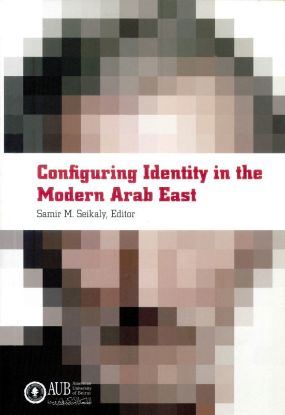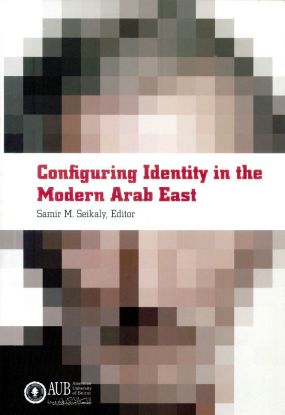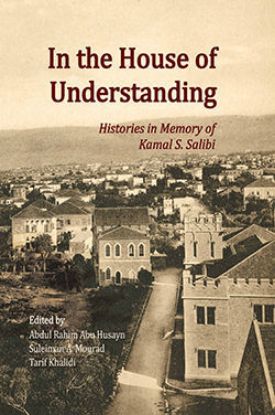Filter by price
Products tagged with 'humanities'
Byron and the East
The author presents the English poet, Lord Byron, in a new light, focusing on his attraction to the East (specifically Greece, Turkey, and Albania), to Muslims, in general, and to Islam and its culture. The analysis and discussion of the poems are accompanied by a close examination of Byron's journals and letters, showing that Byron's intellectual and poetic development was closely tied to his experiences in and knowledge of the East.
$6.00
Configuring Identity in the Modern Arab East
This is a collection of papers from a conference entitled “Political Identity in the Arab East in the Twentieth Century," hosted by the Center for Arab and Middle East Studies of the American University of Beirut. Scholars and students alike with an interest in the Middle East will find the topics treated, the perspectives adopted, and the conclusions of continuing interest and pertinence. The volume includes contributions from the following authors: Ahmad Dallal, David Commins, Thomas Philipp, Samir Seikaly, Rashid Khalidi, Fred Lawson, Aziz Al-Azmeh, Roger Owen, and Hazem El-Beblawi.
$10.00
Configuring Identity in the Modern Arab East - Hard Cover
This is a collection of papers from a conference entitled “Political Identity in the Arab East in the Twentieth Century," hosted by the Center for Arab and Middle East Studies of the American University of Beirut. Scholars and students alike with an interest in the Middle East will find the topics treated, the perspectives adopted, and the conclusions of continuing interest and pertinence. The volume includes contributions from the following authors: Ahmad Dallal, David Commins, Thomas Philipp, Samir Seikaly, Rashid Khalidi, Fred Lawson, Aziz Al-Azmeh, Roger Owen, and Hazem El-Beblawi.
$15.00
In the House of Understanding: Histories in Memory of Kamal S. Salibi
Kamal Salibi is primarily renowned for his monumental contributions to the history of Lebanon. Yet his scholarly legacy extends well beyond Lebanon to topics that span the Middle East from biblical to contemporary times. This collection of twenty-three papers, written in Dr. Salibi's honor and memory, similarly covers a range of subjects that touch upon his interests. They include aspects of ancient, medieval, and modern Arabic/Islamic and Middle Eastern history, literature, and art, and are arranged in four sections: (a) Kamal Salibi as Teacher and Historian; (b) Lebanese, Ottoman, and Arab History; (c) Islamic Studies; and (d) Syriac Studies.
$24.00
Intellectual Life in the Arab East, 1890–1939
Some aspects of the intellectual and social history of the Arab East between 1890 and 1939 are considered in these seminar proceedings. A review in the International Journal of Middle East Studies commented that this is an “indispensable work for scholars interested in the crosscurrents of intellectual, political, and social thought." There is an emphasis on dimensions not previously explored, such as nationalism, relations with the West, political and social reform, and the role of literature. Thirteen papers examine various aspects of the political aspirations and ideals of the times in Cairo, Beirut, Jebel Lubnan, and Jebel ʿAmel, Damascus, Baghdad, and Sanʿa.
$10.00

